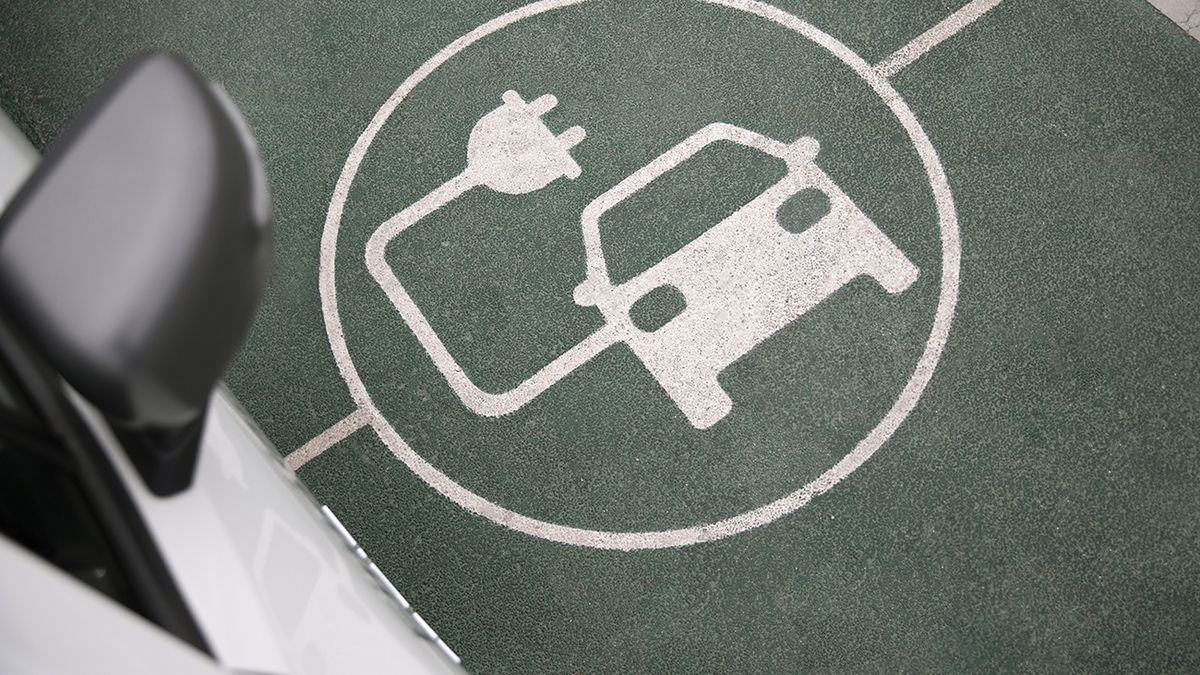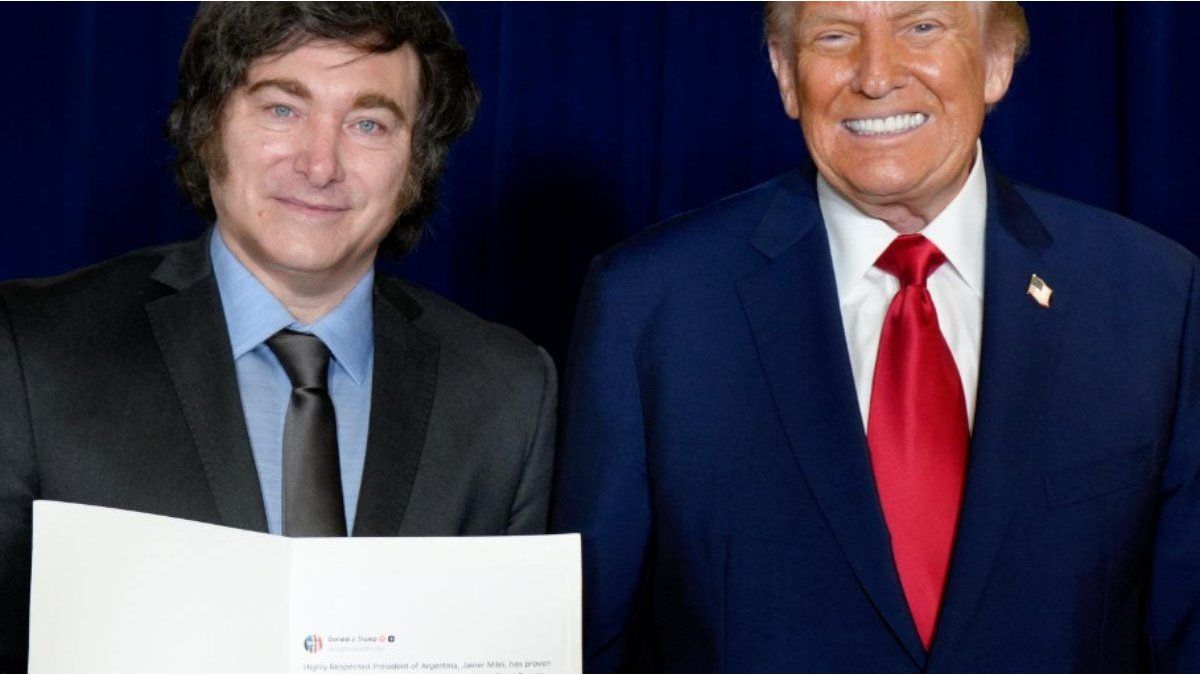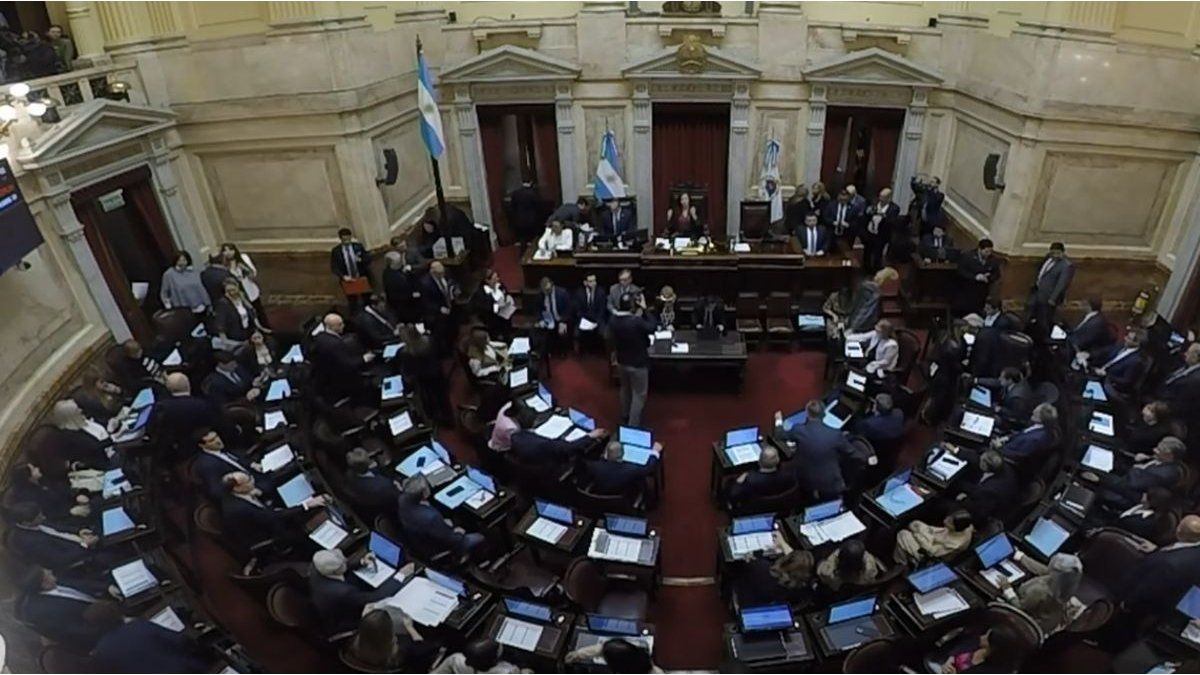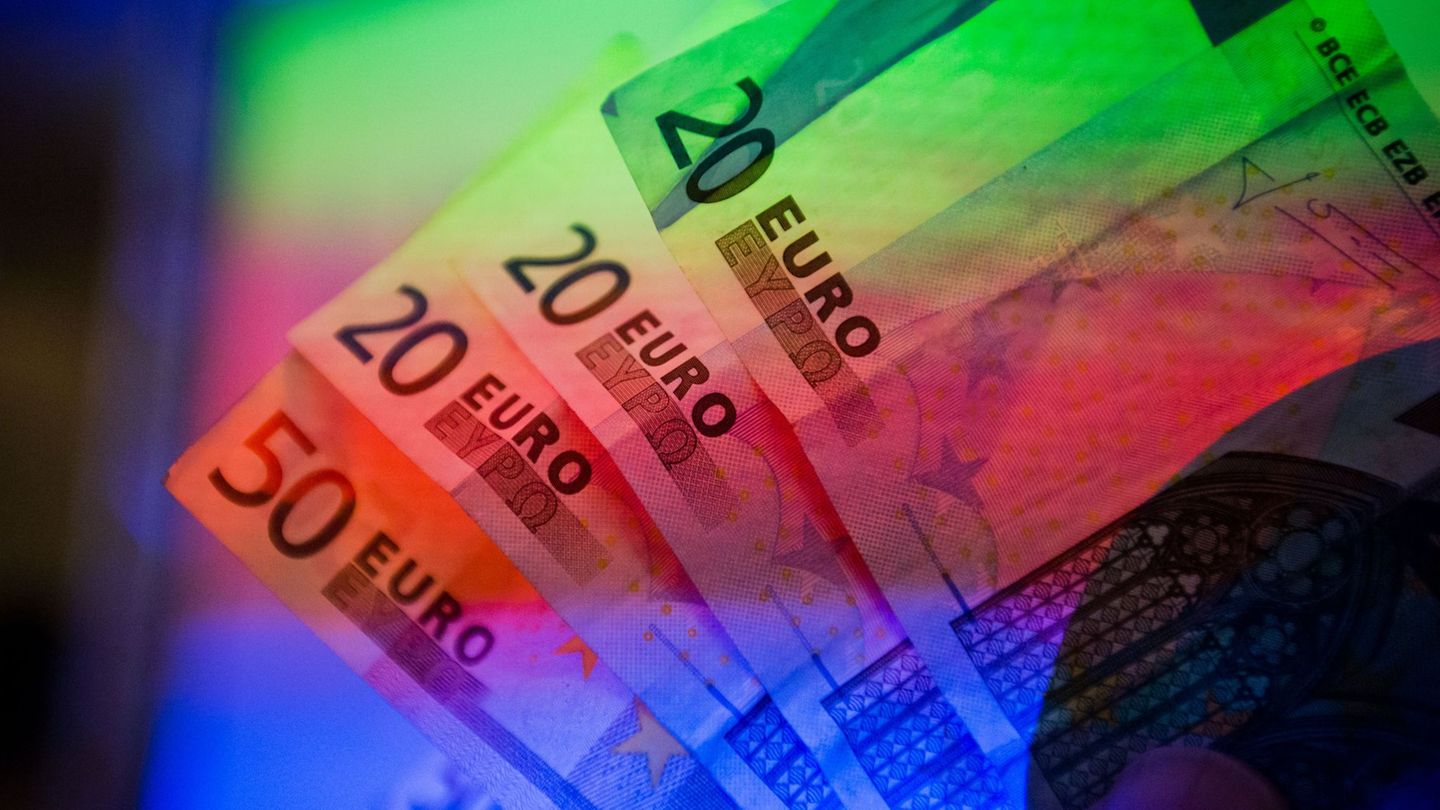The sale of electric vehicles in Uruguay has grown so far this year, according to the manager of the Automotive Trade Association (ACAU), Ignacio Paz; and while its market share remains low, the numbers are expected to continue to grow as current hurdles are overcome.
Uruguay is still in an incipient stage of the electric mobility, but since 2018 —when the first 100% electric vehicles were seen in the national territory— its market share has doubled, year after year. In 2022, with the sale of 1,043 units —twice the number registered in 2021—, they represented 2% of total automotive sales. So far this year, meanwhile, they already represent 3% in a total market that is being “almost traced” to last year.
“The outlook is to wait for this duplication year after yearuntil at some point growth can be even greater, when the infrastructure is adequate and prices are more adjusted, especially at source,” Paz said about the data handled by the ACAU, in dialogue with Radio Carve.
In this line, between main obstacles for the development of the electric segment within the automotive market are the costs of these vehicles, as well as the autonomy of use that have. In this regard, the manager of the association pointed out that “Uruguay, from one end to the other, the longest extension is 571 kilometers: more or less with the autonomies that are coming one can get anywhere, what is needed is a loader to return”. “When we are more sure of that, surely electric will advance faster than hybrid,” he added.
Asked about the progress of the charger network in the country, Paz explained that joint venture plan to have installed a charger every 50 kilometers on all national routes, at the same time that the incorporation of fast chargers is accelerating —which allow 80% of a vehicle’s battery to be filled in 20 minutes—, to end 2023 with one every 200 kilometers, also on national routes. “And here we are talking about the UTE network, this does not count those that are placed in private places with public access, such as shopping malls and supermarkets,” he considered.
Incentives for increased adoption of electric vehicles
According to the ACAU manager, among the incentives promoted by the government to boost the growth and adoption of electric vehicles in the country, the Investment Promotion Law has been one of the most important, explaining between 60% and 70% of sales. In this sense, he explained that the incorporation of a vehicle in the projects that are registered under this law allows a large part of the taxes that are applied to this type of vehicle to be reduced thanks to the fact that clean energy used in initiatives is rewarded.
Likewise, he pointed out the other stimuli as positive: the exoneration of the Internal Specific Tax (Imesi)the non-payment of external tariff of 23% in case of importation, and the reduction of the value of the patent to the half. Although “there are some incentives that could be put in place”, for Paz these measures are fundamental at the time of counter obstacles that the Uruguayan market still presents for the definitive incorporation of electric mobility.
“Uruguay has a clear state policy regarding the rapid incorporation of electric vehicles and many types of aid related to intensive use are being given”, he pointed out, along the same lines. “For example, more and more buses on the streets are electric, and there is a monetary incentive for remises, taxis, and applications that want to convert their vehicles to electric, in which they are given $5,000 to start with and, per year, according to to what used it, you can get to give 6,000 dollars more, in what is the Energy Efficiency Certificate who delivers the Ministry of IndustryPaz commented.
Source: Ambito




